-
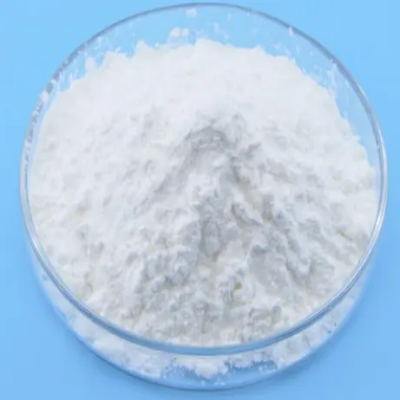
Salinomycin CAS:53003-10-4
Salinomycin is a polyether ionophore antibiotic used primarily in veterinary medicine as an anticoccidial agent to control and prevent coccidiosis, a common intestinal parasitic infection affecting poultry and livestock. It belongs to the monensin class of antibiotics and works by disrupting the ion balance within coccidian parasites, leading to their death and preventing further replication in the host animals.
-
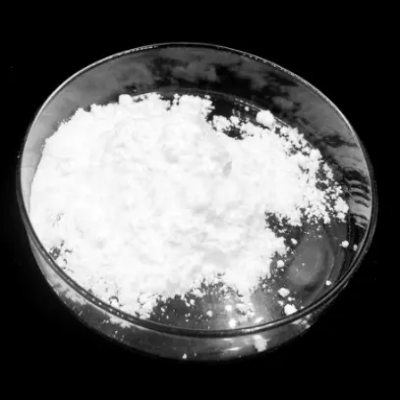
Spectinomycin sulfate tetrahydrate CAS:64058-48-6
Spectinomycin sulfate tetrahydrate is an antibiotic belonging to the aminocyclitol class, primarily used in veterinary medicine for the treatment of bacterial infections in animals. It works by inhibiting bacterial protein synthesis, targeting pathogens such as Pasteurella, Haemophilus, and Actinobacillus in livestock species. Spectinomycin sulfate tetrahydrate is available in injectable formulations and is valued for its efficacy against certain gram-negative bacteria resistant to other antibiotics.
-
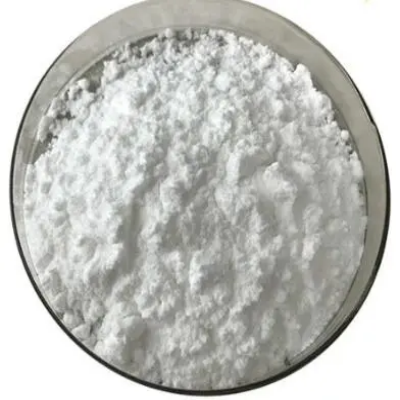
Spiramycin CAS:8025-81-8
Spiramycin is a macrolide antibiotic used in both human and veterinary medicine to treat various bacterial infections. It belongs to the same class of antibiotics as erythromycin and azithromycin, exhibiting bacteriostatic activity against a wide range of gram-positive bacteria. Spiramycin works by inhibiting bacterial protein synthesis, leading to the suppression of bacterial growth and reproduction.
-

Sparfloxacin CAS:110871-86-8
Sparfloxacin is a fluoroquinolone antibiotic used to treat various bacterial infections. It exhibits broad-spectrum activity against both gram-positive and gram-negative bacteria, including respiratory pathogens like Streptococcus pneumoniae and Haemophilus influenzae. Sparfloxacin works by inhibiting bacterial DNA gyrase and topoisomerase IV enzymes, disrupting bacterial replication and growth.
-
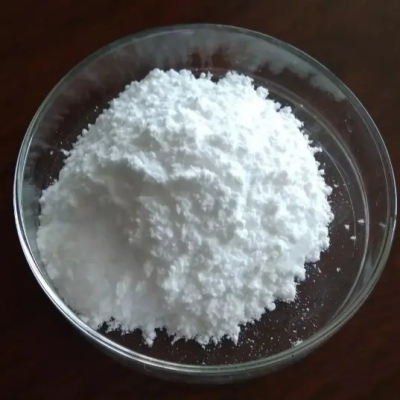
Ristocetin A Sulfate CAS:11140-99-1
Ristocetin A Sulfate is an antibiotic compound derived from the bacterium Nocardia lurida. It belongs to the group of glycopeptide antibiotics and is known for its unique ability to induce platelet agglutination by binding to von Willebrand factor and platelet glycoprotein Ib. Ristocetin A Sulfate is used in laboratory settings to assess von Willebrand factor activity and diagnose various bleeding disorders related to platelet function.
-
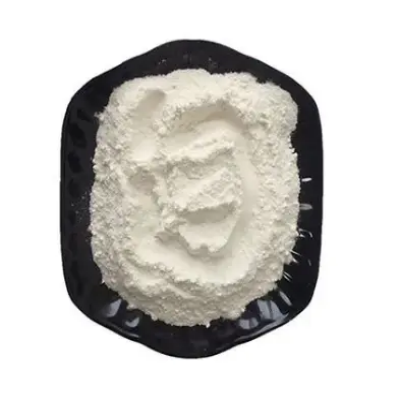
Ronidazole CAS:7681-76-7
Ronidazole is an antimicrobial agent belonging to the nitroimidazole class, commonly used in veterinary medicine for the treatment of protozoal infections in animals. It exhibits potent activity against parasites such as Giardia, Tritrichomonas, and Histomonas, making it effective in combating intestinal and systemic infections. Ronidazole acts by interfering with the DNA synthesis of protozoa, leading to their destruction and clearance from the host organism.
-
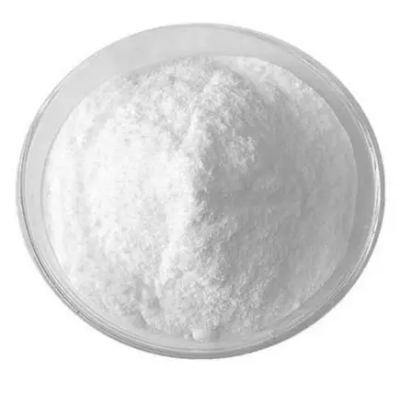
Rifaximin CAS:80621-81-4
Rifaximin is a broad-spectrum antibiotic classified as a rifamycin derivative. It is commonly used to treat various gastrointestinal infections and conditions, including traveler’s diarrhea, irritable bowel syndrome with diarrhea (IBS-D), and hepatic encephalopathy. Rifaximin works by inhibiting bacterial RNA synthesis, particularly in the gut, targeting pathogenic bacteria while minimizing disruption to the normal intestinal flora.
-
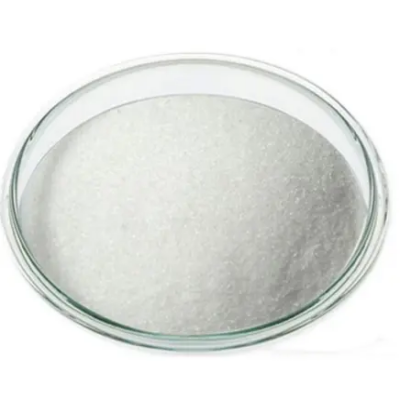
Pristinamycin CAS:270076-60-3
Pristinamycin is a combination antibiotic medication that contains two active components, pristinamycin I and pristinamycin II. It belongs to the streptogramin group of antibiotics and exhibits bacteriostatic and bactericidal activities against a variety of gram-positive bacteria, including Staphylococcus aureus and Streptococcus pneumoniae. Pristinamycin works by inhibiting bacterial protein synthesis, making it effective in treating skin and soft tissue infections, respiratory tract infections, and other bacterial infections caused by susceptible organisms.
-

Ribostamycin sulfate CAS:53797-35-6
Ribostamycin sulfate is an aminoglycoside antibiotic derived from Streptomyces griseoluteus. It exhibits potent bactericidal activity against a broad spectrum of gram-negative and some gram-positive bacteria by inhibiting protein synthesis. Ribostamycin sulfate is commonly used in the treatment of various infections, including urinary tract infections, respiratory tract infections, skin and soft tissue infections, and septicemia caused by susceptible bacterial strains.
-
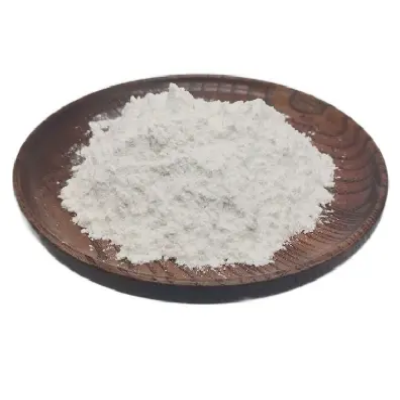
Rifampicin CAS:13292-46-1
Rifampicin, also known as rifampin, is a broad-spectrum antibiotic medication belonging to the rifamycin group. It is widely used in the treatment of tuberculosis, leprosy, and other bacterial infections. Rifampicin works by inhibiting RNA synthesis in bacteria, thereby disrupting their ability to replicate and survive. Due to its potent antimicrobial activity and effectiveness against mycobacterial species, rifampicin is an essential component of combination therapy regimens for tuberculosis and other infectious diseases.
-
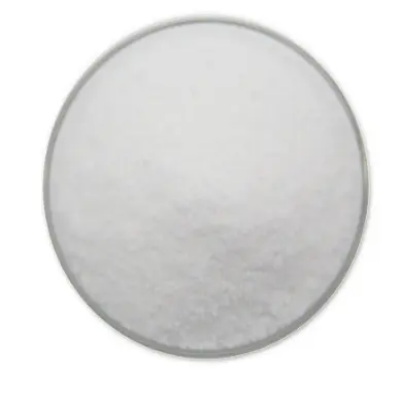
Puromycin dihydrochloride CAS:58-58-2
Puromycin dihydrochloride is a potent antibiotic and protein synthesis inhibitor derived from Streptomyces alboniger. It is commonly used in molecular biology research to selectively inhibit protein synthesis in cells by prematurely terminating translation during protein synthesis. Puromycin dihydrochloride is incorporated into nascent peptide chains, leading to the release of incomplete polypeptides and ultimately cell death. Due to its unique mechanism of action, puromycin dihydrochloride is a valuable tool for studying protein synthesis, ribosome function, gene expression, and cell viability in experimental settings.
-
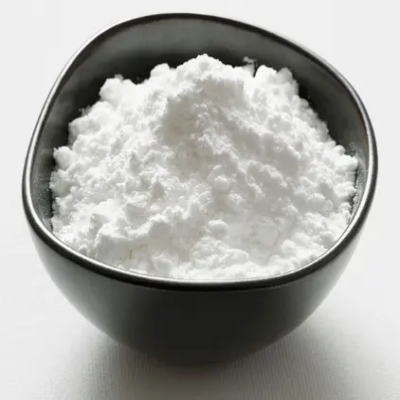
Protionamide CAS:14222-60-7
Protionamide is an antibiotic medication belonging to the thioamide group, primarily used in the treatment of multidrug-resistant tuberculosis. It works by inhibiting mycolic acid synthesis in the bacterial cell wall, leading to the destruction of Mycobacterium tuberculosis. Protionamide is often prescribed in combination with other anti-tuberculosis drugs as part of a comprehensive treatment regimen for drug-resistant forms of tuberculosis.

